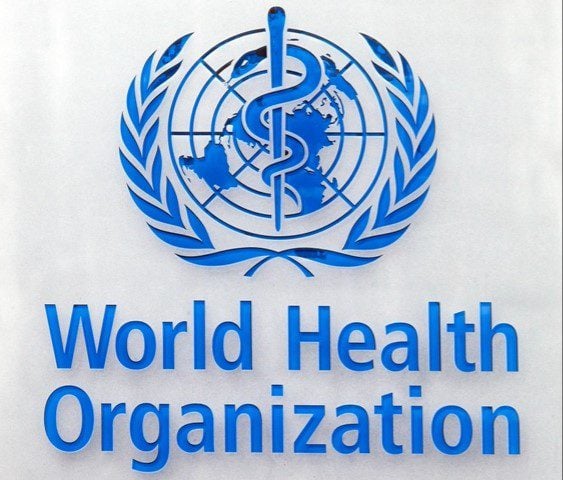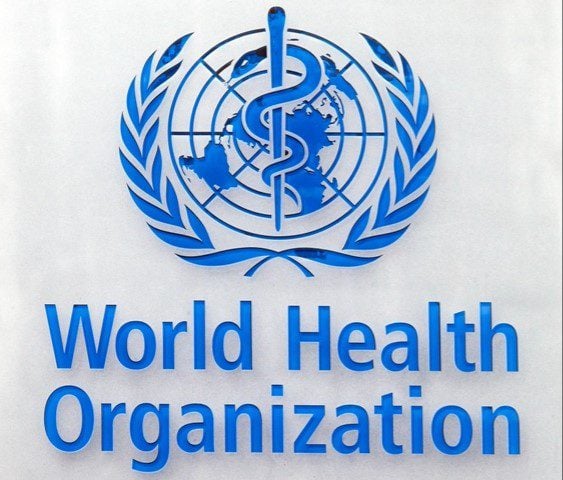The Biden regime publicly affirmed their commitment to a “legally-binding” accord in a press release Monday which will give the World Health Organization (WHO) control over U.S. pandemic policies, though work remains in certain areas.
International leaders are meeting this week in Geneva to consider a so-called “Zero Draft” of the agreement.
As previously covered by The Gateway Pundit, the zero draft gives the WHO the power to declare and manage a global pandemic emergency.
Once a health emergency is declared every signatory, including the United States, must submit to the authority of the WHO. This includes caving to them on treatments, lockdowns and vaccine mandates along with government surveillance.
Even more chillingly, the Biden regime does not feel they need to submit this agreement for Senate approval because they are not calling it an official treaty despite it having the full force of one.
Link to draft:
The Gateway Pundit has reported extensively on these negotiations between the Regime and the WHO over the past year.
In the press release, which was first obtained by the Epoch Times, U.S. WHO Ambassador Pamela Hamamoto said the following:
The United States is committed to the Pandemic Accord, to form a major component of the global health architecture for generations to come. Shared commitment, shared aspirations and shared responsibilities will vastly improve our system for preventing, preparing for, and responding to future pandemic emergencies.
We seek a Pandemic Accord that builds capacities; reduces pandemic threats posed by zoonotic diseases; enables rapid and more equitable responses; and establishes sustainable financing, governance, and accountability to ultimately break the cycle of panic and neglect.
Hamamoto then mentioned the current draft needed more work in the area of “pandemic prevention” and “preparedness.”
There is a lot to build on in this draft related to these priorities. However, the draft is unbalanced toward response at the expense of prevention and preparedness. While we need to avoid duplicating substantive elements contained in the IHR, such as surveillance and alerts, we need to discuss how best to address pandemic prevention and preparedness here.
These efforts should be mutually supportive and complementary.
Hamammoto also said the draft must be more woke, specifically focusing on global “equity.”
We appreciate the focus on equity in Chapter III but also agree it must be better integrated across the draft. Our work must be inclusive and applicable for the improved health and wellbeing of all people. A commitment to “equity” must address inequities not only between countries, but also within them.
Hamamoto makes clear there cannot be “common but differentiated responsibilities and capabilities” in the final agreement, deeming this idea “not appropriate.”
We do not support “common but differentiated responsibilities and capabilities.” This concept is not appropriate in the context of pandemic PPR. We look forward to seeking common ground to best ensure universal application while also ensuring capacities are strengthened so that countries can meet their obligations.
Hamamoto concludes the release by saying the final agreement “must stand the test of time while building on the lessons from previous pandemics” so the U.S. and the WHO “can build a strong global health architecture for all.”
Finally, the Pandemic Accord must stand the test of time while building on the lessons from previous pandemics. By creating solutions that are flexible and adaptable, by laying out commitments that are clear regarding triggers and responsibilities, and by strengthening coordination and capacities, together we can build a stronger global health architecture for all.
This is the latest move by the Biden regime to turn over the power of the United States to a corrupt international body. This is the latest attempt by Joe Biden’s handlers to destroy this great nation.





